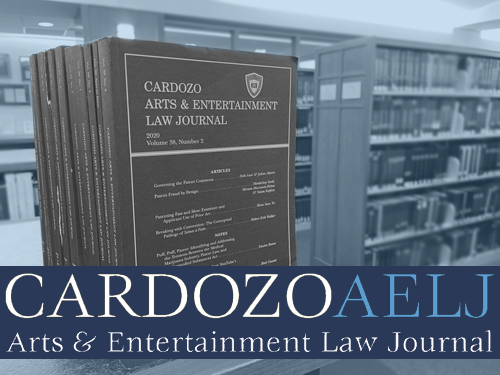Document Type
Article
Publication Date
4-10-2014
Abstract
In today’s panel concerning the reform of U.S. cultural property policy, panelists discussed whether there is a conflict between the Convention on Cultural Property Implementation Act (“CPIA”) and the National Stolen Property Act (“NSPA”) and whether it creates a problem. The general consensus of the panel was that while there exists tension between the two acts, there is no actual conflict between the CPIA and U.S. criminal laws, which can actually coexist. The panelists pointed to the fact that criminal cases do exist in the context of cultural property, but in most of the forfeiture cases there is another U.S. based offense included other than the NSPA line of cases. Panelist Andrew Adler discussed three of the main sources of tension between the two acts including: the disparity in the definition of the word “stolen,” the issue with repose, and a technical conflict with the burden of proof. From another perspective, panelist Michael McCullough stated that the most complicated area of concern is whether potential buyers risk criminal exposure when purchasing a piece due in part to a lack of clarity in the NSPA.
This post was originally published on the Cardozo Arts & Entertainment Law Journal website on April 10, 2014. The original post can be accessed via the Archived Link button above.
Recommended Citation
Cardozo Arts & Entertainment Law Journal, "Panel: Resolving the conflict between the Convention on Cultural Property Implementation Act (CCPIA) and U.S. criminal law" (2014). Cardozo Arts & Entertainment Law Journal (AELJ) Blog. 46.
https://larc.cardozo.yu.edu/aelj-blog/46



